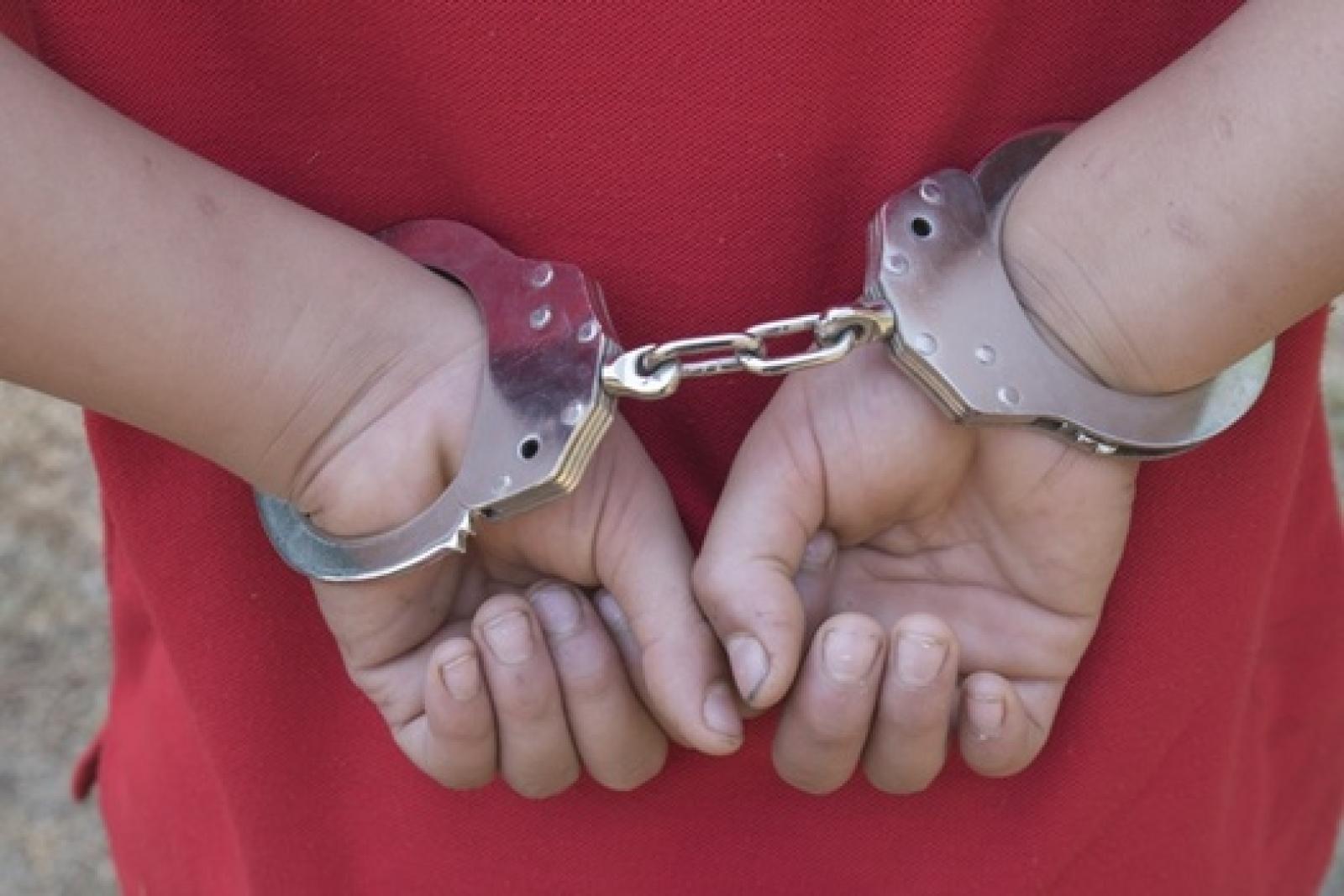
CHICAGO – More than a century after the world's first juvenile court was established in Illinois, advocates are still fighting to ensure that children accused of crimes aren't treated the same as adults.
At the Juvenile Justice Initiative's "Re-Imagine Justice Summit" in Chicago yesterday, there were calls for a reasonable age of prosecution. While Illinois doesn't have a minimum age to try a child in juvenile court, Diane Geraghty – co-director of the Center for Criminal Justice Research, Policy, and Practice at Loyola University – says age 14 is the international norm.
"It's a question of fundamental fairness,” says Geraghty. “Holding people accountable for actions over which they have no meaningful control has historically, as far back as 16th century, been determined to be an unfair use of governmental power."
The United Nations' Committee on the Rights of the Child recently raised the minimum age of criminal responsibility for juvenile court to 14. However, Geraghty says the U.S. is the only nation in the developed world that hasn't ratified the treaty, and so isn't legally bound to the minimum international standards.
Cook County Public Defender Amy Campanelli also spoke at the summit, and contends young children can be held accountable through restorative justice and other diversionary practices. She notes
criminalizing children causes long-term harm to their overall development, and can also result in future – and sometimes increasingly violent – offenses.
"There are 34 states currently with no minimum age requirement for prosecution,” says Campanelli. “It's just mind-boggling that we can arrest children for acting like children. It's barbaric, and it's got to stop. "
Campanelli also wants to ensure that all young people have access to an attorney during custodial interrogation. She notes her office has a unit available 24-7 to assist juveniles who've been taken into custody.
"I have lawyers ready, willing and able to go to every police station in Cook County and represent these people, and make sure that their rights are not being violated,” says Campanelli. “Like the right to remain silent – obviously, the right to have a lawyer present during any type of questioning by law enforcement."
Others at the conference called for raising the age to be tried as a juvenile to anyone under 21. Campanelli says research shows the maturity level and cognitive thinking of emerging adults, or those ages 18 to 24, are not as fully developed as an adult's.
Fundamental Fairness: Troubled Youths Need Better Protections
